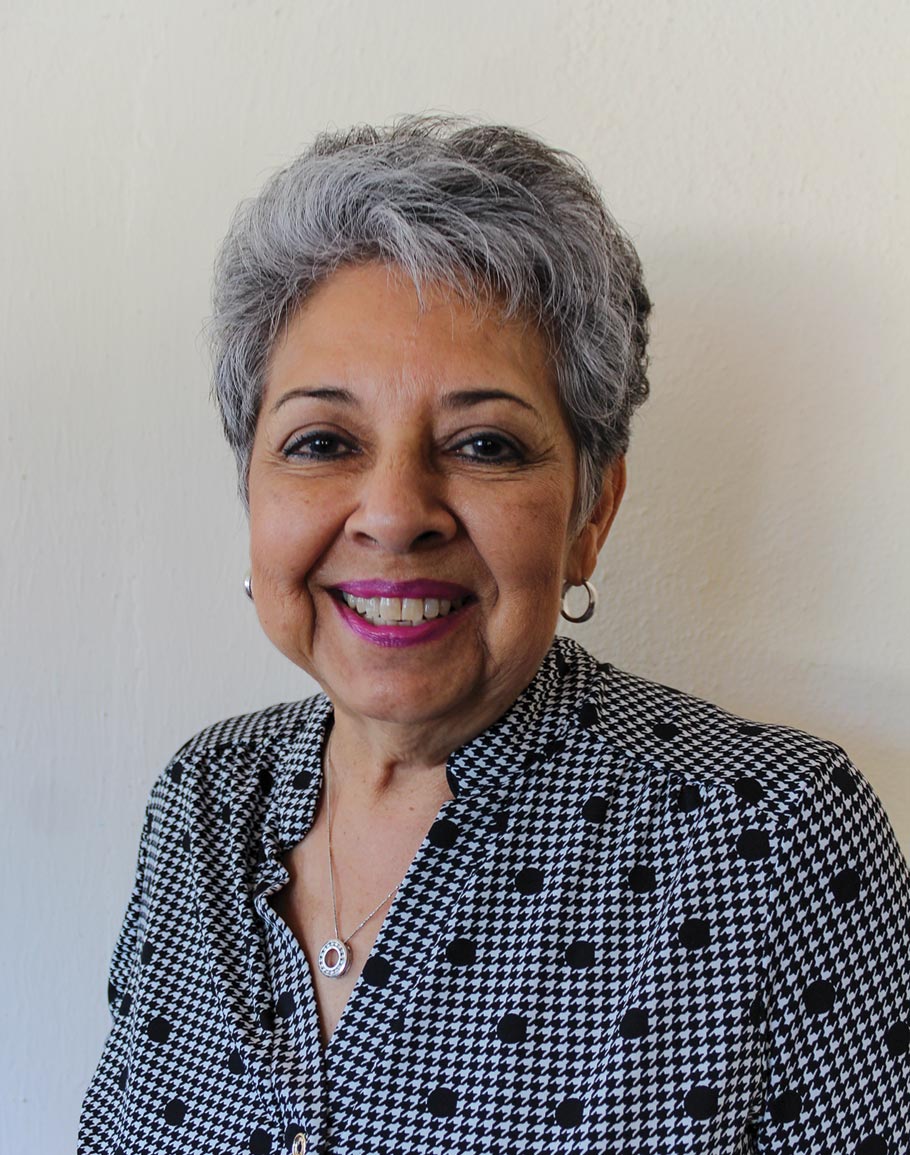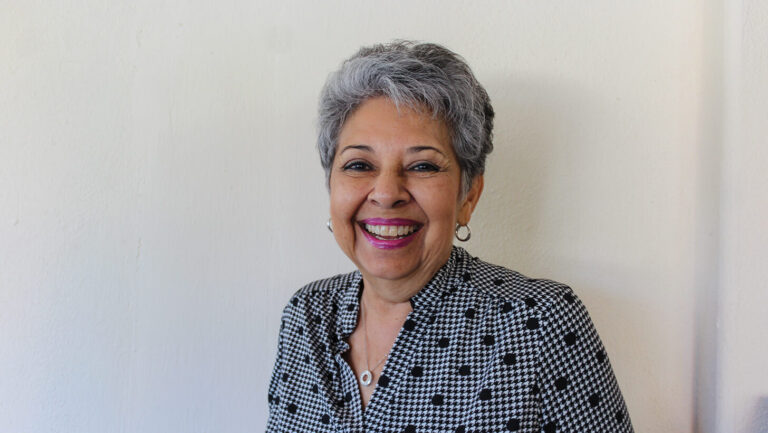News Interview: Virginia Trujillo
Virginia Trujillo Reps Cnm In District 6


Corey Yazzie
Latest Article|September 3, 2020|Free
::Making Grown Men Cry Since 1992


Corey Yazzie

